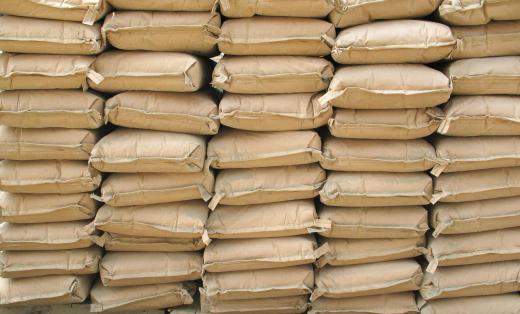Cement plugs are sections or portions of cement that are placed in a well bore as a means of creating a tight seal. A balanced cement plug is sometimes used to seal off a well that is no longer in operation or to seal a section of a well that has become damaged or disabled. This particular type of construction approach can also be used as a means of sealing around supports for a platform or in just about any situation that calls for creating a seal that prevents liquids from seeping in or out of hole, chasm or bore.
The creation of a cement plug often involves the use of what is known as cement slurry. The slurry mixed other elements into the basic cement, typically as a means of providing additional strength to the plug once it is in place and cured. When installed properly, the plug creates a tight seal that is capable of preventing air or liquids from escaping around the seal, effectively plugging the bore area.

It is possible to use a cement plug in a number of different applications. This approach is sometimes used in closing old water wells that have run dry. In this application, the plug is normally used as either a cap for the well, or is positioned lower in the well itself, then topped with loose soil. With this application, the purpose is to prevent people or animals from accidentally falling into the abandoned well shaft.

A cement plug can also be used to seal oil wells that are no longer in operation. This approach can be used with both land and ocean drilling. In each scenario, the cement slurry is poured directly into the bored shaft, serving as a plug that will not allow any additional oil to reach the surface. With an oil well that has run dry, the plug is usually sufficient to complete the task. In the event that additional oil is still generating pressure against the plug, additional materials may be hard-packed against the cement plug, which helps to maintain the integrity of the seal.
While a cement plug is capable of withstanding a great deal of pressure, there is the possibility of the construction failing under certain circumstances. For example, an earthquake could create additional damage to the sealed shaft or well bore that would serve to dislodge or shift the plug somewhat. This would make it necessary to initiate a project to restore the seal to proper working order.

